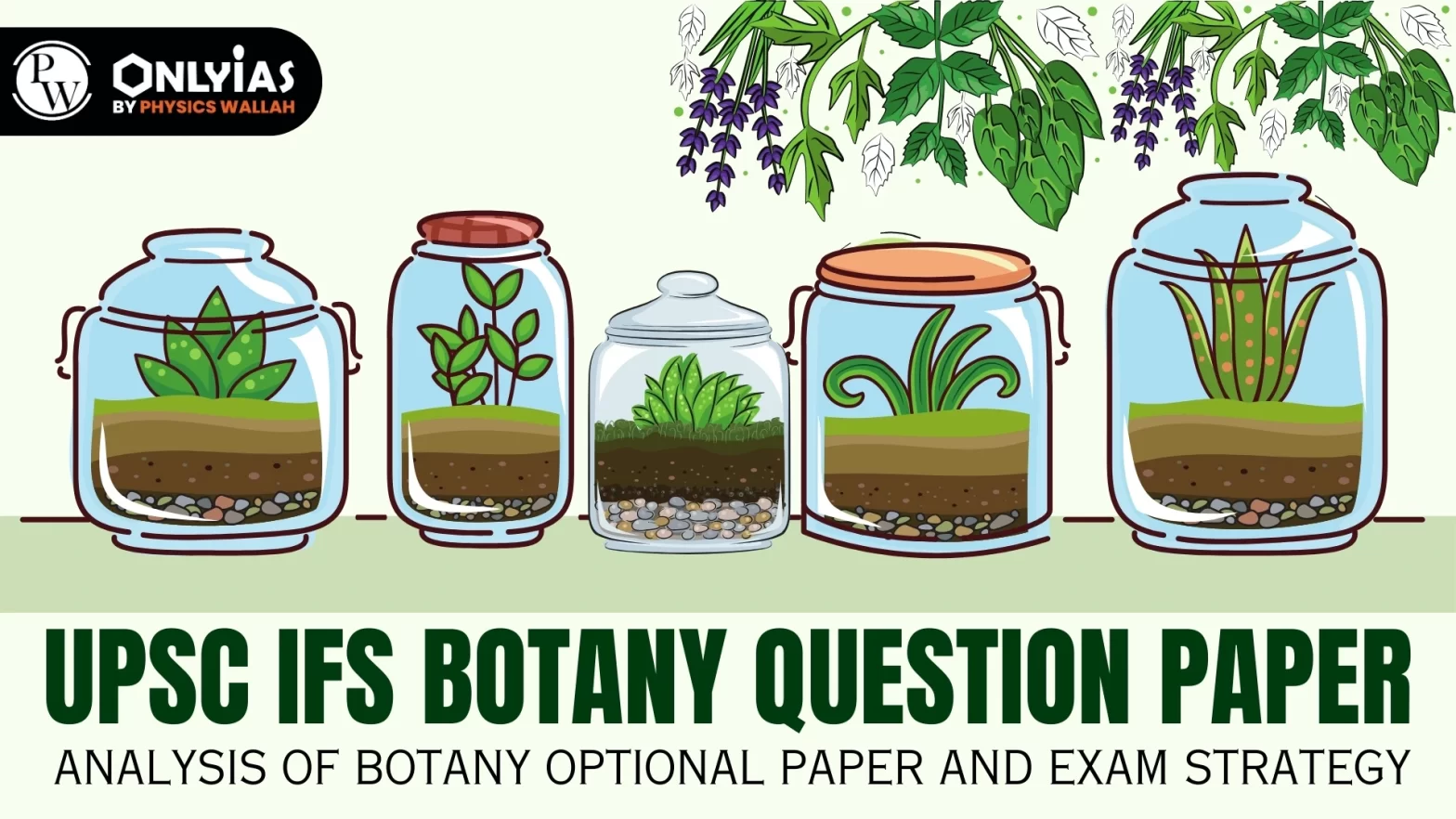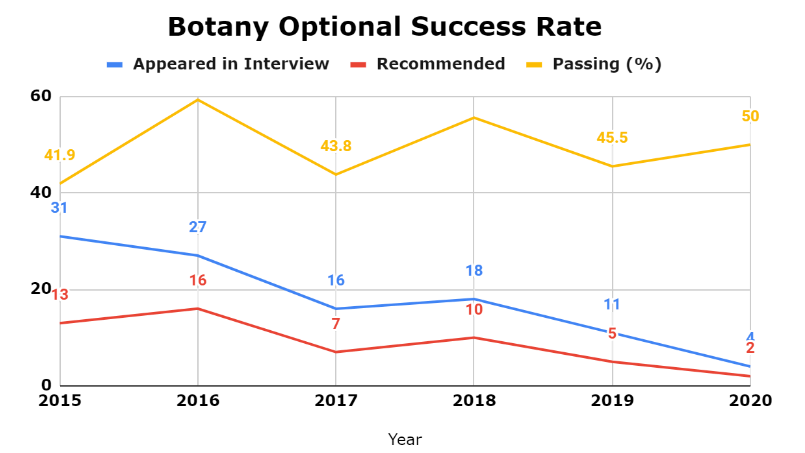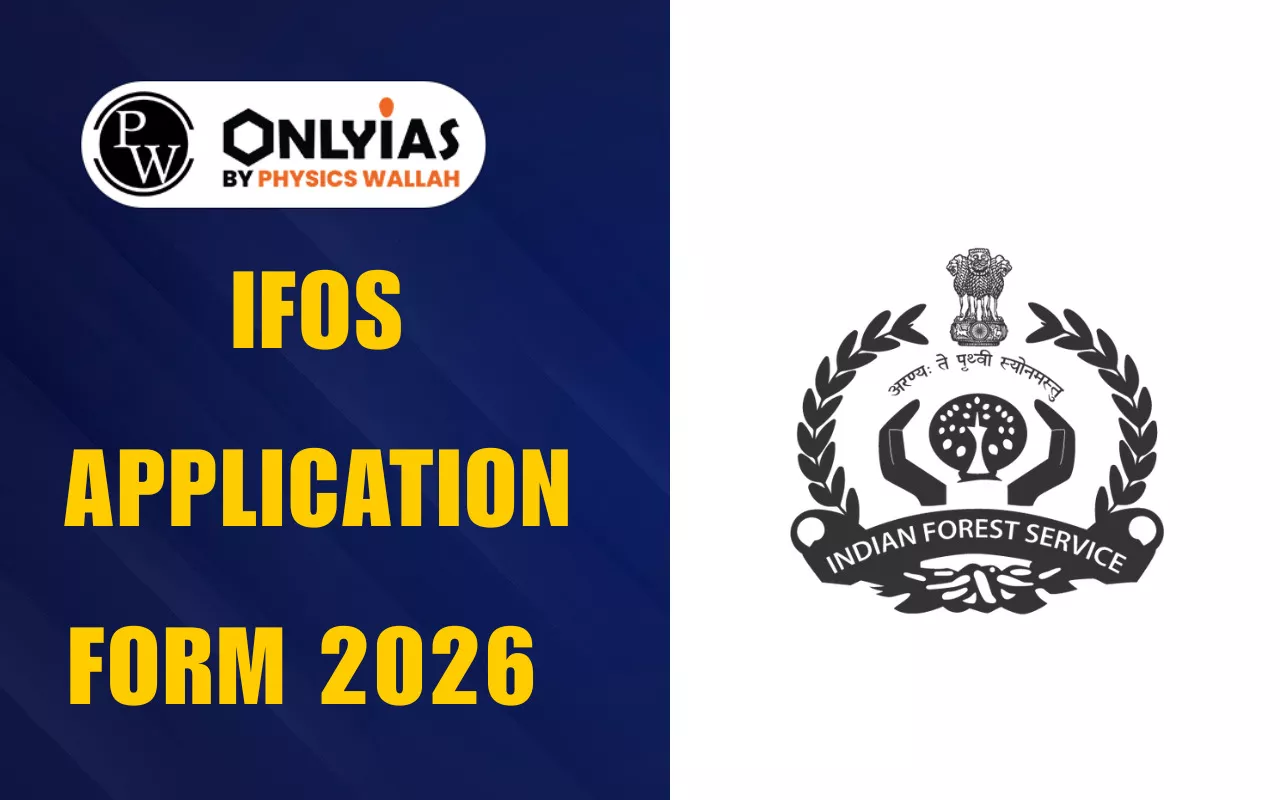The IFoS Botany Optional Syllabus PDF provides a detailed and structured outline of Paper I and Paper II topics prescribed by UPSC. It helps aspirants understand the complete syllabus, plan systematic preparation, track important areas, and align their study strategy with the latest IFS Mains examination requirements.

 GS Foundation
GS Foundation Optional Course
Optional Course Combo Courses
Combo Courses Degree Program
Degree Program




















